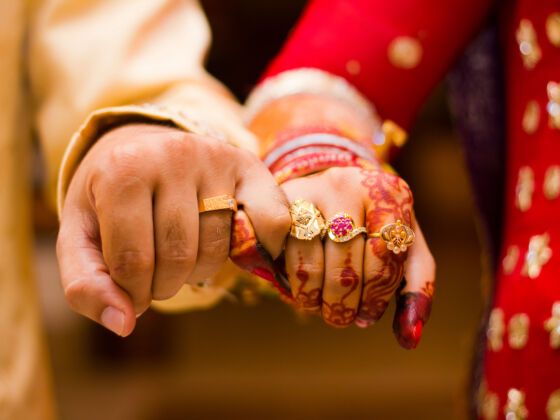Of all the questions I’ve ever been asked about my Indian origin while living overseas, there’s one that stands out the most: “So, was your marriage arranged?”
I have been asked by friends, coworkers, people I met for the first time, at dinner parties, at barbecues, at lunches. Everywhere. On any given occasion, when I have a conversation involving marriage and India, this question pops up. Every. Single. Time.
